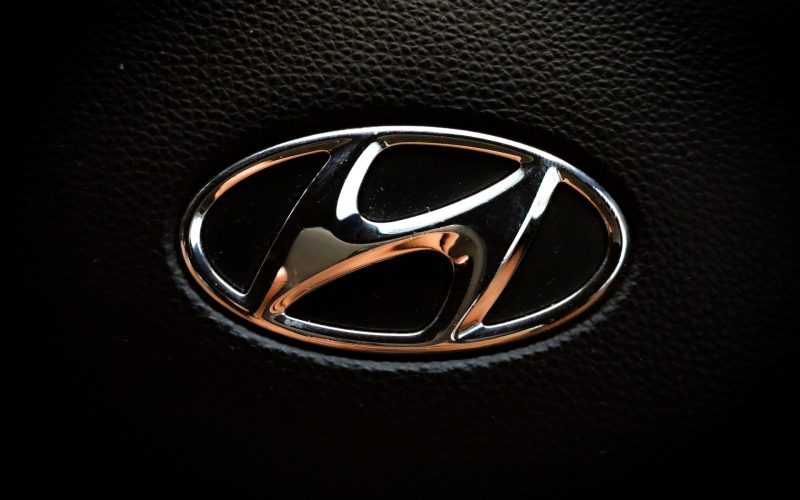In a groundbreaking announcement, global automotive manufacturer Hyundai Motor Group and leading technology company LG Energy Solution have unveiled their plans to invest $4.3 billion in the construction of a state-of-the-art battery plant near Savannah, Georgia. This strategic partnership aims to solidify their positions in the electric vehicle (EV) market and meet the growing demand for high-performance batteries.
The joint venture between Hyundai and LG signifies a major milestone in the advancement of sustainable transportation. As the automotive industry continues its shift towards electrification, the availability of reliable and efficient battery technology is crucial. The new battery plant, expected to be one of the largest in the world, will play a pivotal role in meeting the increasing global demand for EV batteries.
Located in the heart of the United States, the chosen site near Savannah offers strategic advantages, including proximity to major ports, transportation infrastructure, and a skilled workforce. The plant’s planned annual production capacity of 150 GWh (gigawatt-hours) will support the production of approximately 300,000 electric vehicles per year. This significant investment underscores Hyundai and LG’s commitment to accelerating the transition to a more sustainable future.
The partnership between Hyundai and LG is a testament to their shared vision and complementary strengths. Hyundai, with its expertise in automobile manufacturing and global market presence, brings extensive knowledge in designing and producing electric vehicles. LG Energy Solution, on the other hand, is a leader in battery technology, renowned for its advanced lithium-ion battery cells and energy storage solutions. By combining their expertise, the two companies aim to create a powerful synergy that will drive innovation and propel the EV industry forward.
The establishment of the battery plant will have far-reaching implications. Firstly, it will contribute to the creation of thousands of jobs in the region, providing a boost to the local economy. The plant’s construction and operation will require a skilled workforce, creating employment opportunities in various sectors, including engineering, manufacturing, and logistics.
Secondly, the investment in domestic battery production underscores the commitment to reducing reliance on imported batteries. As the demand for EVs continues to rise, securing a domestic supply chain for batteries becomes increasingly vital. By manufacturing batteries locally, Hyundai and LG can mitigate supply chain disruptions, reduce transportation costs, and ensure a steady and sustainable supply of batteries for their EVs.
Furthermore, the battery plant’s establishment will position Georgia as a hub for the EV industry, attracting further investment and fostering technological advancements. The presence of a major battery production facility will undoubtedly create a ripple effect, encouraging the development of related industries such as charging infrastructure, energy storage, and renewable energy.
The partnership between Hyundai and LG also reflects the industry’s recognition of the importance of collaboration in the face of increasing competition. As the EV market becomes more crowded, automakers and technology companies are forging strategic alliances to share resources, accelerate innovation, and enhance their competitive edge. This collaboration sets a precedent for future partnerships and highlights the significance of cross-industry cooperation in driving the widespread adoption of electric mobility.
However, it is crucial to acknowledge the challenges that lie ahead. The success of the battery plant will depend on various factors, including the ability to scale up production, maintain consistent quality, and keep pace with technological advancements. Additionally, the companies must navigate the evolving regulatory landscape, ensuring compliance with environmental regulations and addressing concerns related to sustainability and recycling.
As Hyundai and LG embark on this ambitious venture, they must uphold stringent ethical and environmental standards. Responsible sourcing of raw materials, minimizing the carbon footprint throughout the production process, and promoting battery recycling initiatives should be integral to their operations. Sustainability should remain at the forefront of their endeavors to truly shape a greener future.
The announcement of the Hyundai-LG battery plant near Savannah is a significant development in the global transition to electric mobility. With its massive production capacity and strategic location, the plant has the potential to revolutionize the EV industry, bolster local economies, and set new benchmarks for sustainable manufacturing practices. As Hyundai and LG join forces, their partnership serves as a beacon of hope, illustrating the immense potential for collaboration in building a more sustainable and electrified future.












